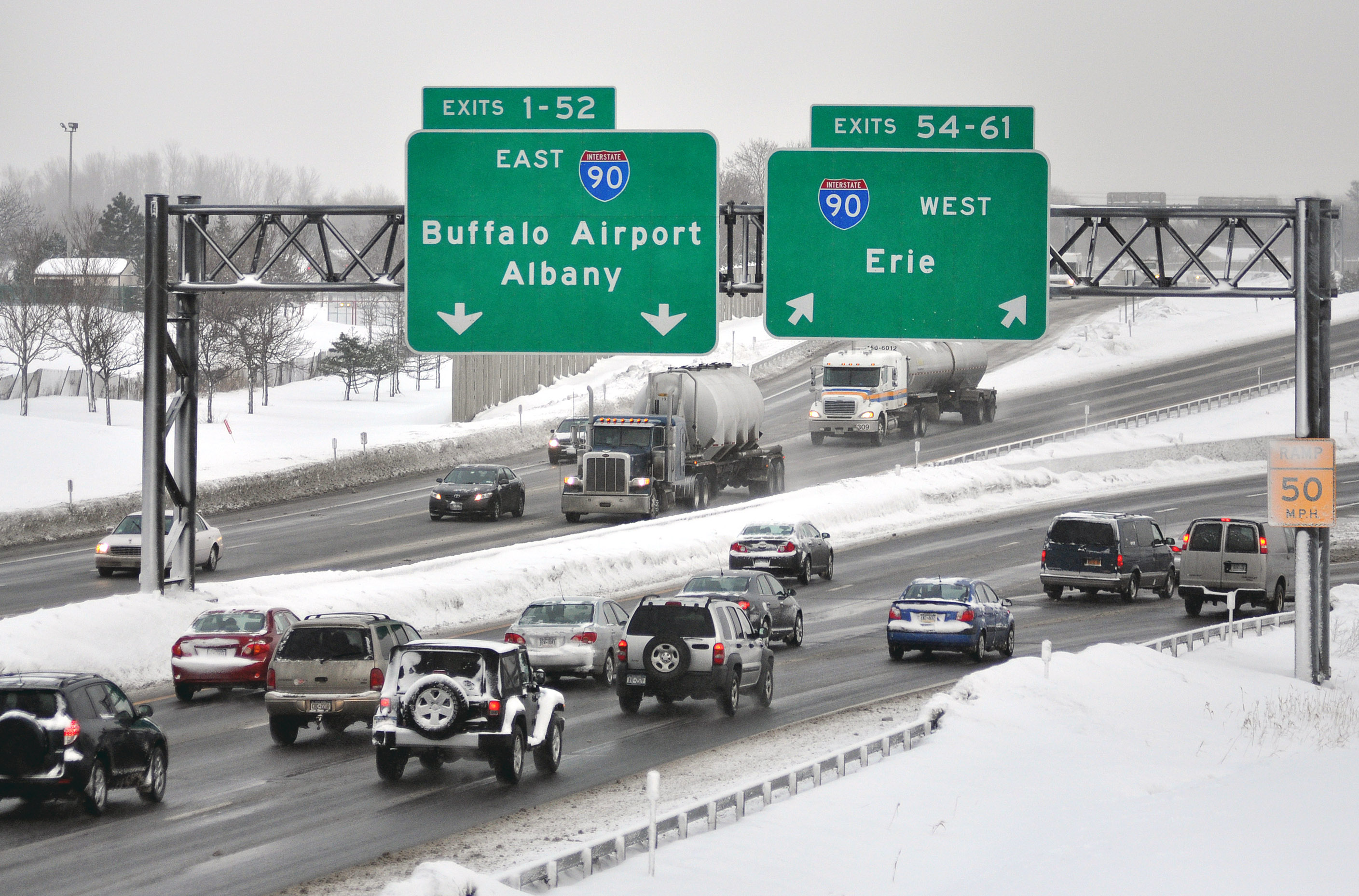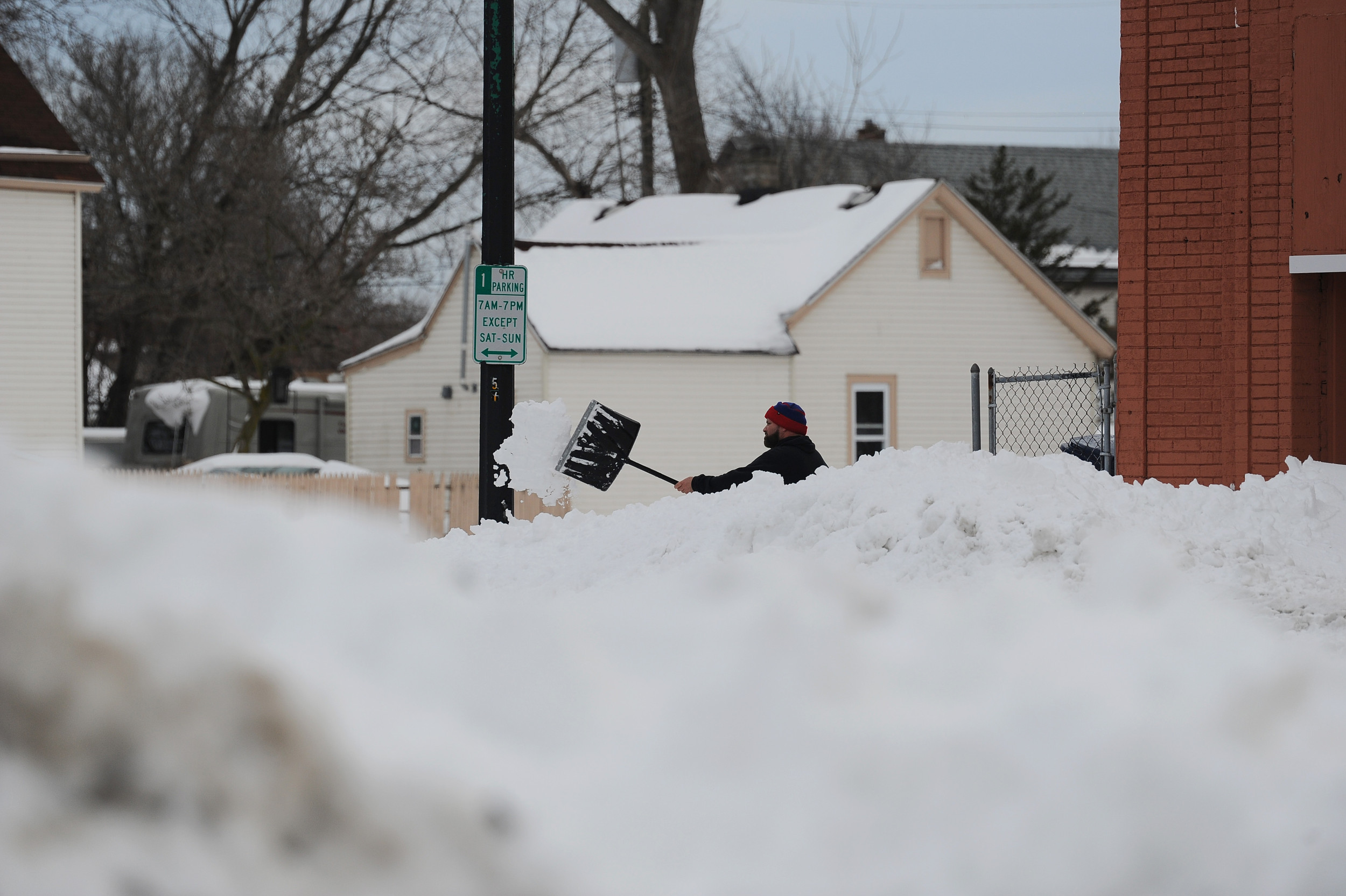As the American Southwest grapples with a historic water crisis, some advocacy groups, such as the Glen Canyon Institute (GCI), propose drastic measures like draining Lake Powell to address the diminishing flow of the Colorado River.
However, Arizona's top water official, Tom Buschatzke, has warned that this approach could exacerbate the problem rather than resolve it.
Buschatzke, the director of the Arizona Department of Water Resources, outlined the risks of removing Lake Powell from the equation in the broader water management system.
His argument underscores the importance of maintaining the reservoir as a buffer against the volatility of the Colorado River's flow.
"Bigger reductions in the flow of the river that might attend to climate change are something that is being looked at," Buschatzke told Newsweek. "But if you take Lake Powell out of the equation, the yield of the system is going to go down."

Lake Powell, created by the Glen Canyon Dam in 1963, plays a crucial role in storing water during wet years to offset shortages in dry years. Draining the reservoir, Buschatzke argued, would eliminate this safety net, reducing the overall amount of usable water over time.
"There will be wet years in which you won't have storage to save the water," he said. "So the overall yield over a longer-term average has to go down without Lake Powell. That means you have less usable water, and that might not be the outcome you're trying to achieve."
Infrastructure Challenges and Inter-State Disputes
Beyond the loss of storage capacity, Buschatzke highlighted the infrastructure issues that complicate any effort to reimagine Lake Powell's role in the Colorado River Basin.
"The Glen Canyon Dam has some infrastructure issues that probably restrict the ability to move water from Lake Powell to Lake Mead," he noted.
These challenges underscore the delicate balance required to manage the region's water resources.
For example, reducing releases from Lake Powell to protect the dam's power generators would cause Lake Mead, downstream, to decline even further. "Lake Mead is going to go down and down and down, and we're going to have to take more and more cuts," Buschatzke said.
These infrastructure concerns are central to the ongoing debates between the Upper Basin states (Colorado, Utah, New Mexico and Wyoming) and the Lower Basin states (Arizona, California, and Nevada).
Buschatzke said that protecting the dam's infrastructure is a shared responsibility, with Upper Basin states needing to contribute by reducing water use and transferring water into Lake Powell.
Incremental vs. Transformative Solutions
The proposal to drain Lake Powell also highlights a broader philosophical divide in water management: incremental fixes versus transformative changes. According to Buschatzke, large-scale reforms, while potentially impactful, are fraught with challenges.
"This debate between incremental fixes to the river versus a giant leap forward has been going on for at least the last 10 years, maybe longer," he said.
"When you make major changes, especially that involve cuts in water use, people have to find ways to do their business, and it takes some time to figure all that out."
Proposals like draining Lake Powell require significant buy-in from all stakeholders, something that is difficult to achieve in such a complex system. "The bigger the leap forward you make, the harder it's going to be to get support of the water users," Buschatzke pointed out.
Ultimately, he stressed that any agreement must be realistic and enforceable. "If you can't implement an agreement, the agreement's not worth the paper it's written on, right?"
'America's Lost National Park'
Groups like the GCI disagree with Buschatzke, arguing that bypassing Glen Canyon and adopting a "Fill Mead First" policy could not only help manage water in the system more effectively but also recreate the landscape lost when Glen Canyon Dam was first constructed in the 1960s.
As the levels of the lake have receded in recent years, plants and animals have reclaimed in the shores in what's been dubbed an "ecological rebirth."
"As the reservoir has come down, what has emerged is national park-caliber stuff," Eric Balken, GCI's executive director, previously told Newsweek, describing Glen Canyon as "America's lost national park."
On the logistics of water sharing between the seven states and the 40 million people reliant on the river, he said, "Fill Mead First would be just a change in the accounting of the Colorado River. You would count it as delivered water to Mead, or you count it as kind of an intentionally created surplus in Lake Mead that we all agree was from the Upper Basin."
Do you have a tip on a science story that Newsweek should be covering? Do you have a question about Lake Powell? Let us know via science@newsweek.com.



















 English (US) ·
English (US) ·